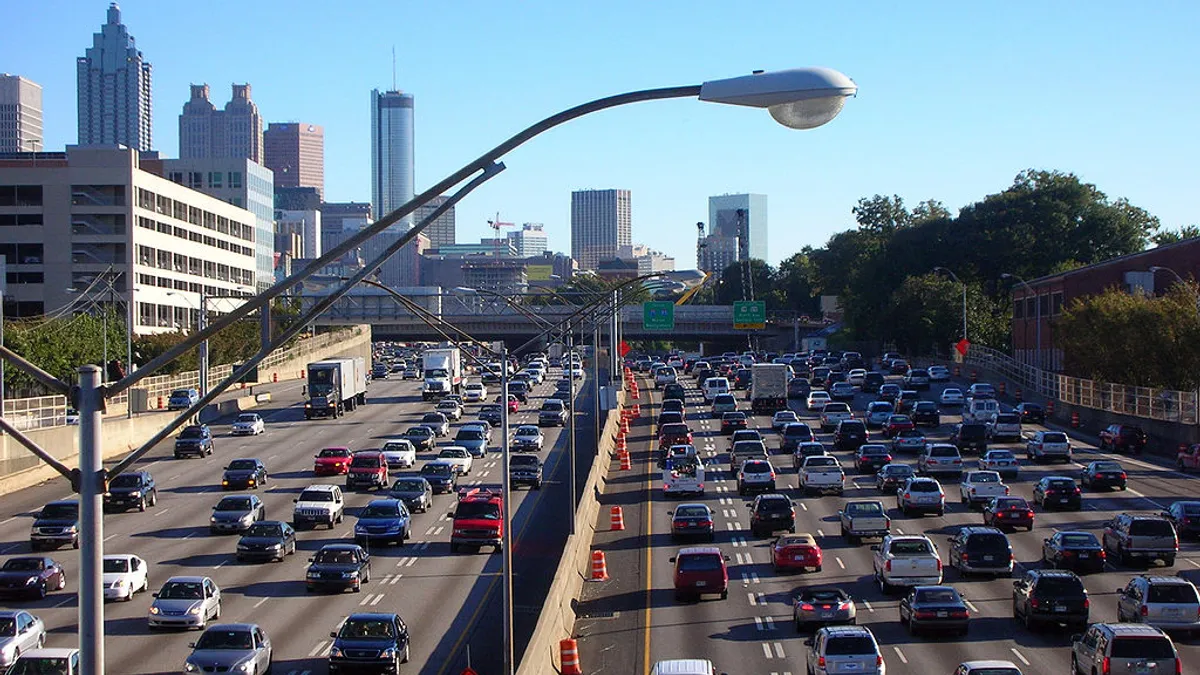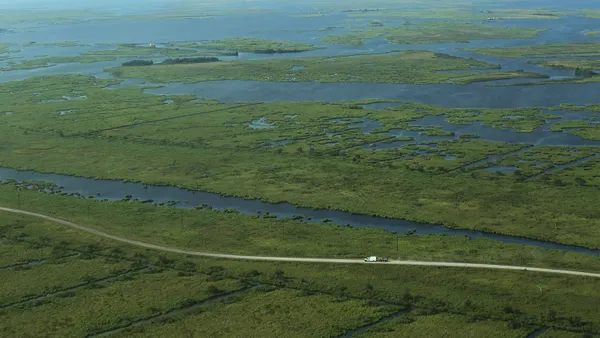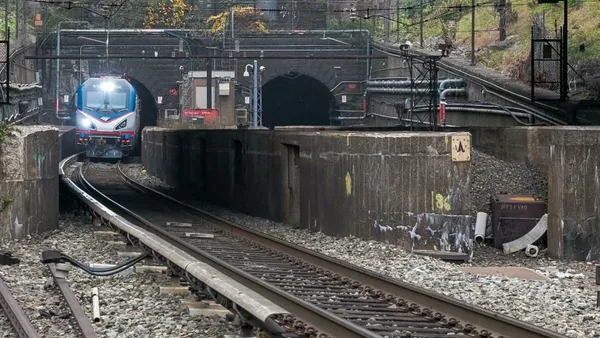Dive Brief:
- The Georgia Department of Transportation announced Wednesday that the newly built portion of Interstate 85 in Atlanta will be ready for morning rush hour traffic on May 15, one month ahead of schedule, according to The Atlanta Journal-Constitution.
- A 350-foot bridge section of the highway collapsed after catching fire on March 30, and the state originally projected that it would be open on June 15. The road sees an estimated 400,000 travelers a day and is a vital, regional route.
- The contractor, C.W. Matthews, has had crews on the project 24 hours a day and, if the project is completed as expected, the company will be eligible for an early-completion bonus of $3.1 million, bringing the total contract cost to $16.6 million.
Dive Insight:
In a rare instance of speediness by a public agency, the GDOT set the project's completion timeframe for 10 weeks, fast-tracking plan approvals and offering generous bonuses to C.W. Matthews if it could get the job done faster. The U.S. Department of Transportation was quick with an offer of $10 million to help fix the road, but, according to the Journal-Constitution, the federal government will most likely end up paying more — up to 90% of the bill.
After the March collapse, Atlanta faced intense criticism for its lack of alternative transportation options for commuters who would otherwise be traveling on I-85, highlighting a nationwide problem regarding a dearth of reliable mass transit options.
This fast-tracked project is an example of the type of collaboration and streamlining of regulatory processes that the Trump administration has been promoting with its yet-to-be-released $1 trillion infrastructure plan.
To that end, President Donald Trump assembled an infrastructure task force — led up by billionaire Richard LeFrak — to guide and push the agenda along, although there haven't been any hard program proposals from the administration yet. Transportation Secretary Elaine Chao has said there could be a spending bill forthcoming sometime this month.
LeFrak has suggested using the bankruptcy court arbitration process as a model for expediting the permitting process under Trump's program. In that scenario, there would be one point person going over the required environmental reviews and project documents. That strategy, LeFrak said, could significantly reduce the permitting timeline, which, for major infrastructure projects, can sometimes take as long as 10 years.












